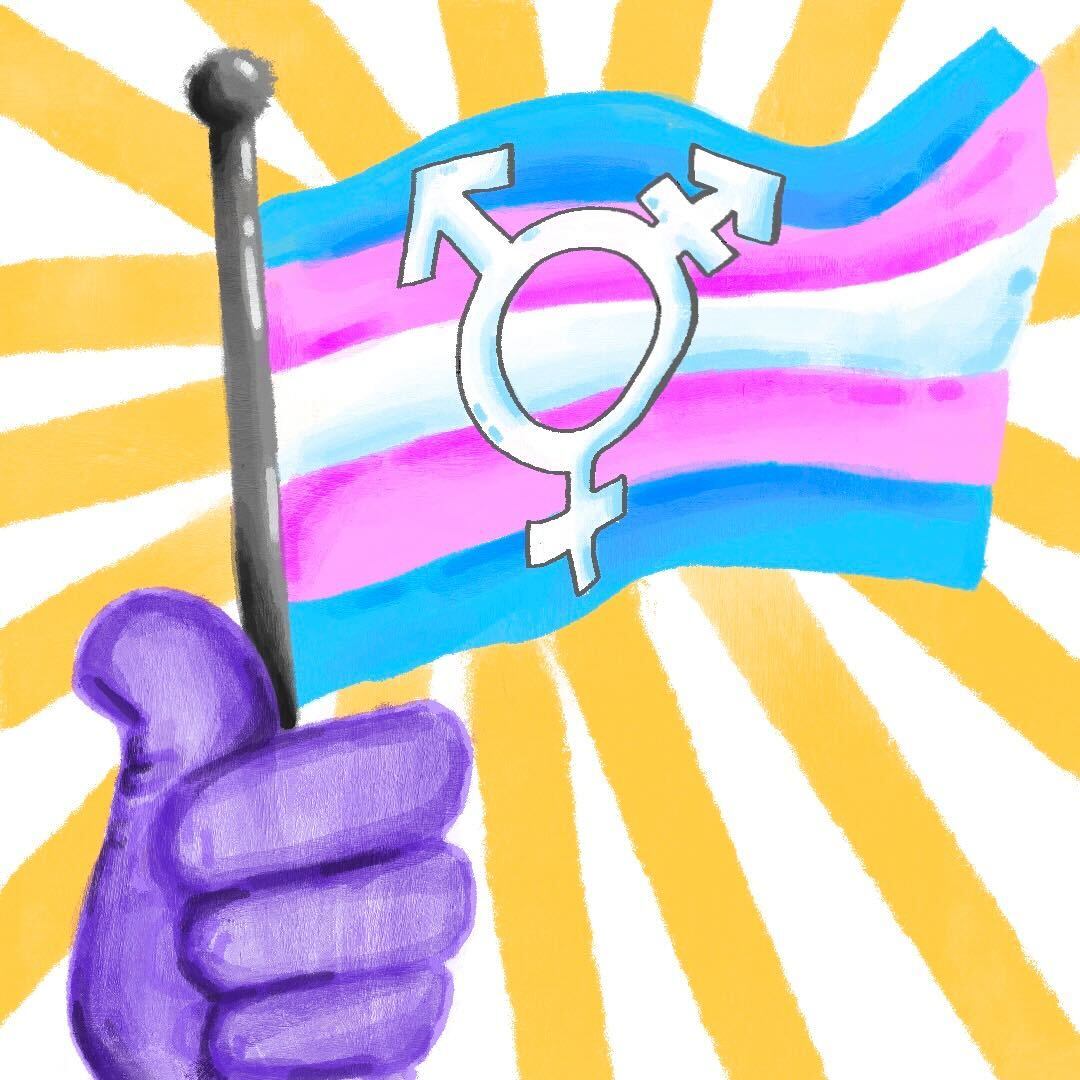My mom was what I would call an old-school feminist. She grew up a Jewish cisgender female in Albany, New York, during the second-wave feminism of the 1960s and ’70s. This period has primarily influenced her outlook on feminism.
Growing up, she raised me with similar feminist values. However, unlike my mom, I identify as an intersectional feminist, meaning I navigate life through a multidimensional lens.
Mainstream feminism, throughout its history, has mostly prioritized the issues and perspectives of white, cisgender, heterosexual, and upper-to-middle-class women. Intersectional feminism, on the other hand, allows people with intersecting and overlapping identities to have their voices and perspectives heard.
From my experience, I have often seen autistic experiences excluded. I am a nonbinary, autistic person assigned female at birth (AFAB). My identity has influenced my outlook on feminism and feminist issues, particularly the Marriage Equality Act and reproductive rights.
Many believe marriage equality in the United States was achieved in 2015 when the Supreme Court ruled that the constitutional right to federally-recognized marriage included same-sex couples. The truth is, for disabled people like myself, marriage equality still does not exist.
In fact, the concept of marriage equality goes beyond just the right to be recognized as a married couple.
One of the most significant barriers facing autistic and disabled people is marriage penalties. These penalties are, according to Forbes, “a cluster of Social Security, Medicaid, and Medicare rules that make getting married financially and medically impractical or impossible for many people with disabilities.”
Getting married could result in reduced monthly payments and loss of eligibility for benefits (such as Medicaid, Medicare, or even both) depending on individual income and healthcare programs involved.
While the law does not directly forbid disabled people from getting married, it still poses significant barriers to marriage for many disabled people.
Moreover, reproductive rights are also vital to me. I underwent a tubal ligation surgery at 21 years old, which completely removed my fallopian tubes and made me infertile (check out my Ms. Magazine article, where I go into more detail about the experience and reproductive rights of disabled people).
To put it simply, even before the overturning of Roe v. Wade in 2022, reproductive rights for disabled people have always been an uphill battle.
While I believe feminism is essential to creating a better world for everyone, mainstream modern feminism often leaves autistic people like myself out of the conversation. This is why, when talking about these issues, I advocate more for equity than equality.
Equality means giving everyone the same thing regardless of context or individual needs, while equity means considering individual needs to create a more inclusive and accessible environment. To understand the distinction between equity and equality means to begin to understand some of the systemic barriers some of us face.
With better understanding, we can become more confident in having meaningful conversations that drive positive change. Ableism is a systemic issue, just like sexism and racism. If your feminism does not include autistic people, then it is not feminism.






